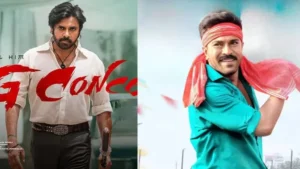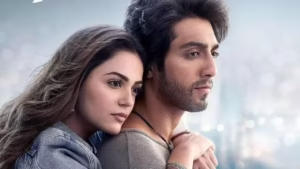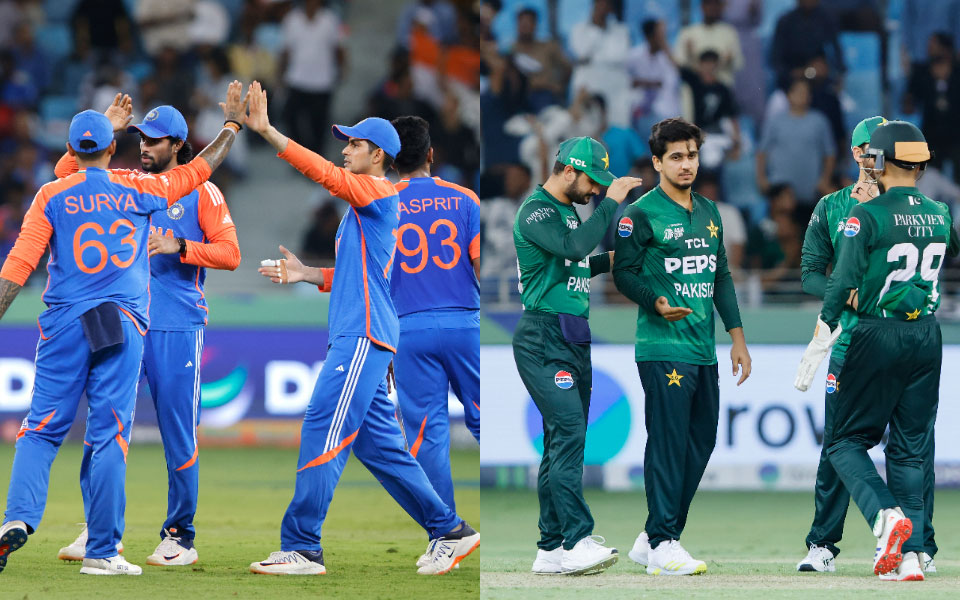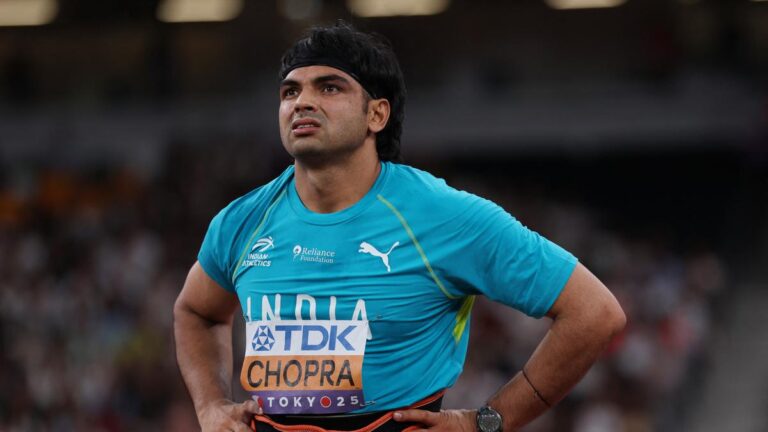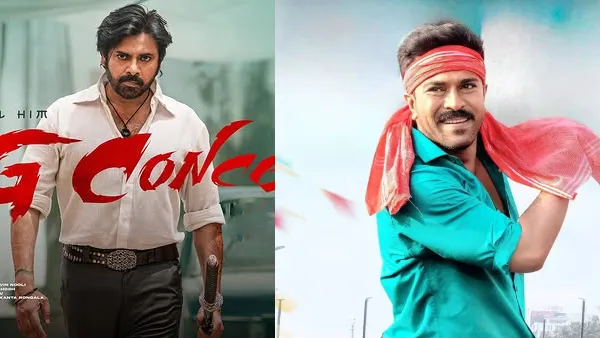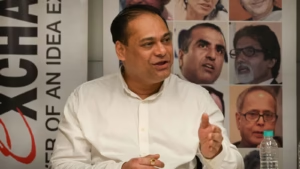As the Asia Cup Super 4 match between India and Pakistan looms, the cricketing rivalry has spilled into the political arena, igniting passions and exposing fault lines in India’s charged political landscape. Delhi Police’s decision to deny permission for a Shiv Sena (UBT) protest against the high-stakes game has sparked outrage, while Maharashtra Navnirman Sena (MNS) chief Raj Thackeray emerges as a key player in the unfolding drama. With the 2026 Maharashtra assembly elections on the horizon, this episode is more than just cricket—it’s a battle for political relevance.
A Protest Thwarted
The Shiv Sena (UBT), led by Uddhav Thackeray, planned a rally in New Delhi to protest the India-Pakistan match, citing national pride and past tensions over cricket diplomacy. The Delhi Police, however, rejected the request on Saturday, citing security concerns in the capital. The decision drew sharp criticism from Sena leaders, who accused the authorities of stifling their voice. “This is about Bharat’s dignity, not just a game,” a Sena spokesperson told The Hindu, vowing to explore legal options.
The blocked protest has amplified the narrative of “cricket as politics” at a time when India-Pakistan sporting ties remain fraught. The Asia Cup, hosted in Sri Lanka, has already seen heated exchanges on X, with fans and politicians on both sides trading barbs. The appointment of Andy Pycroft as match referee, despite past controversies, has only added fuel to the fire, with some Indian netizens questioning the neutrality of officiating.
Raj Thackeray’s Strategic Play
While Uddhav’s Sena fumes, MNS chief Raj Thackeray is quietly stealing the spotlight. Known for his fiery brand of Marathi nationalism, Raj has positioned himself as a key influencer in Maharashtra’s political chessboard. Sources close to the MNS suggest Raj is open to an alliance with Uddhav’s faction, a move that could reshape the state’s opposition dynamics against the ruling BJP-Shinde Sena coalition. Political analysts see Raj’s silence on the Asia Cup protest as a calculated move, allowing him to appeal to both nationalist voters and moderates wary of divisive rhetoric.
“Raj Thackeray is playing the long game,” says Mumbai-based analyst Priya Deshmukh. “By staying above the fray, he’s signaling flexibility for 2026 while letting Uddhav take the heat.” Posts on X reflect this sentiment, with some users praising Raj’s “smart politics” and others accusing him of opportunism.
Cricket as a Political Flashpoint
The India-Pakistan match, set to be a blockbuster in the Asia Cup, is more than a sporting event—it’s a cultural and political lightning rod. For decades, cricket has been a proxy for the complex relationship between the two nations, with matches often accompanied by diplomatic posturing or public outcry. The 2020 decision to resume cricketing ties in neutral venues like Sri Lanka was meant to ease tensions, but incidents like the Shiv Sena’s planned protest show how deeply emotions run.
On X, the hashtag #IndvsPak is trending, with Indian fans expressing a mix of excitement and defiance. “We’ll win on the field, not through protests,” one user posted, while another wrote, “Sena’s stunt is just vote-bank politics.” Meanwhile, Pakistani fans have countered with their own nationalist fervor, making the virtual space as heated as the political one.
The Human Stakes
Beyond the headlines, the episode underscores the personal and societal toll of politicized cricket. For fans, the game is a rare chance to see their heroes—Virat Kohli, Babar Azam—compete in a spectacle that transcends borders. But for communities in India, especially in Maharashtra, the rhetoric around such matches can deepen divisions. Shiv Sena’s protest call, though blocked, has already stirred anti-Pakistan sentiment in some quarters, with reports of minor clashes in Mumbai’s suburbs.
For politicians like Raj Thackeray, the moment is a chance to connect with voters feeling squeezed by economic woes and cultural anxieties. His MNS has gained traction among young Marathi voters, who see him as a bold alternative to the BJP’s dominance. Uddhav, meanwhile, risks alienating moderates if his faction leans too hard into nationalist posturing.
A Nation Watches
As the India-Pakistan match approaches, all eyes are on the pitch—and the political sidelines. Will Uddhav’s Sena find other ways to amplify its voice? Can Raj Thackeray leverage this moment to cement his comeback? And will the game itself offer a moment of unity or further fuel division?
For now, the Delhi Police’s clampdown has only heightened the stakes. As one X user put it, “Cricket isn’t just a game in India—it’s a mirror of who we are.” Whether that reflection shows a nation united in sport or fractured by politics remains to be seen.

